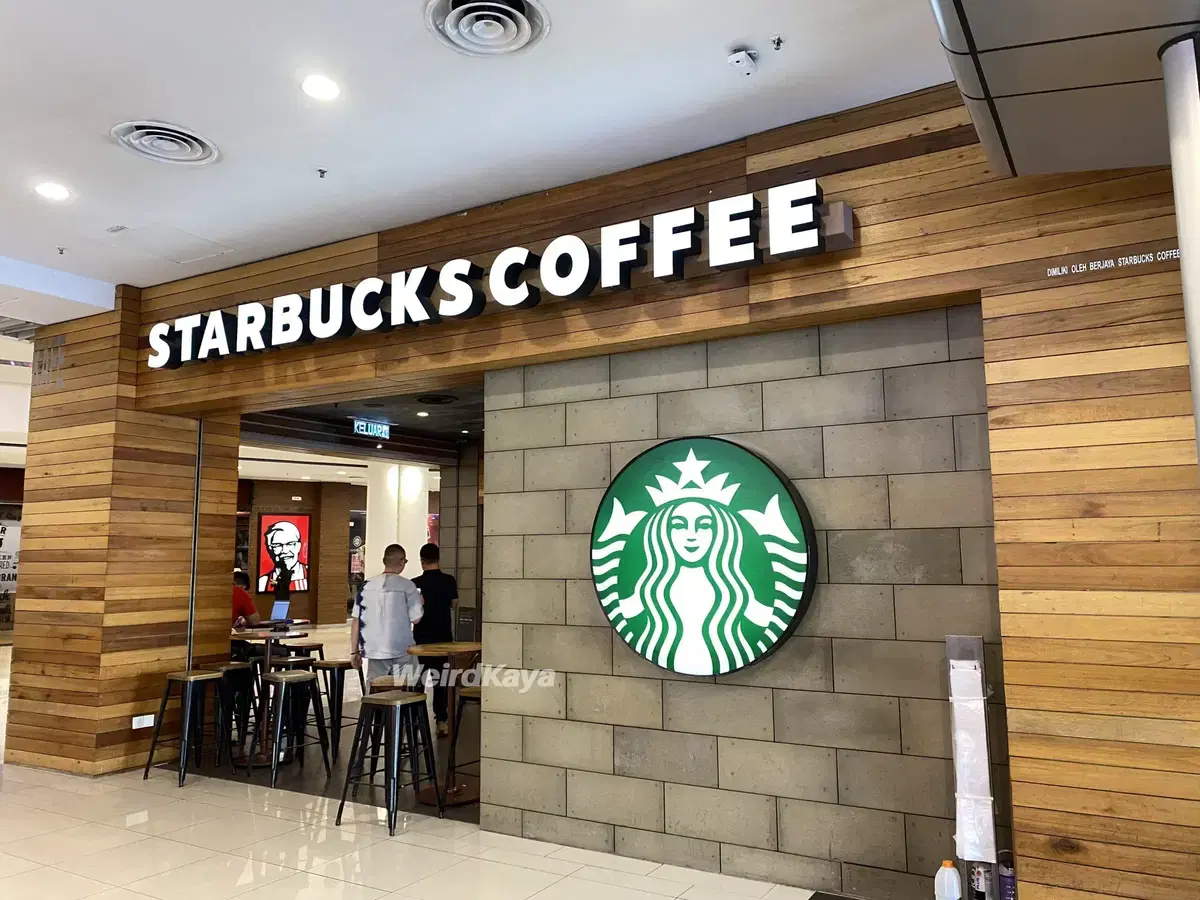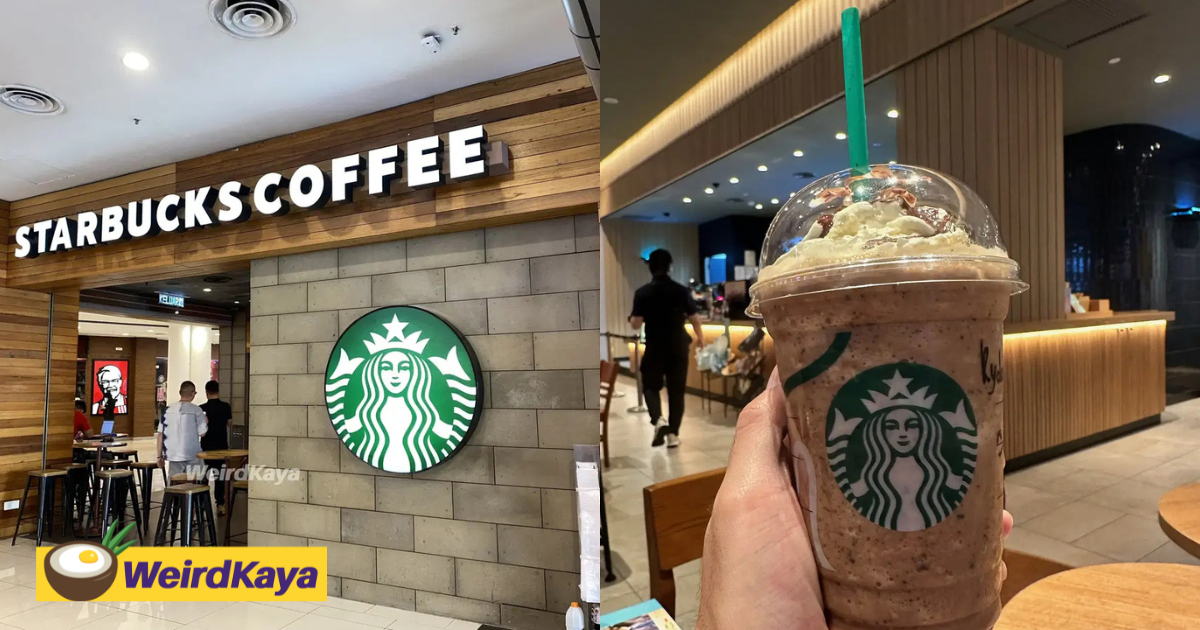In recent months, global brands with ties to the United States have faced increasing backlash in Malaysia over the Israel-Palestine conflict.
Calls to boycott companies like Starbucks, McDonald’s, and Burger King sparked heated debates on whether such actions impact geopolitical issues or unintentionally harm local businesses and employees.
Amid this controversy, Starbucks Malaysia has reported a rebound in sales as boycott concerns begin to wane.
Berjaya Group founder Vincent Tan noted a shift in public sentiment, crediting it to a more realistic understanding among consumers, reported FMT.
People are becoming more realistic. We can’t do anything about what Israel is doing, or what’s happening in Gaza. People are realising (that Starbucks Malaysia) is not hurting anyone.”
“If you boycott Starbucks, how does it affect Israel? The US will send more money to them,” he told reporters after the launch of the Brahmarpanam Soup Kitchen here today.
Challenges amid boycott movement

The boycott, which began as a response to Malaysia’s outrage over the US’s stance on the Gaza conflict, significantly impacted Starbucks Malaysia’s operations.
Berjaya Food Bhd (BFood), the local operator of Starbucks, faced a decline in business despite the chain’s key role in contributing 90% of BFood’s revenue prior to the controversy.
In August 2023, the company permanently closed three outlets and temporarily suspended operations at 25 underperforming locations.
Rumours also circulated that over 100 outlets would shut down permanently, which BFood later denied, clarifying that most closures were temporary.
85% of Starbucks Malaysia’s employees are Muslims
As public sentiment shifts, Starbucks Malaysia is focusing on recovery. Tan emphasised the importance of supporting local businesses and highlighted that Starbucks Malaysia operates independently of the global political landscape.

“We need to support our local businesses and the people running them. Boycotting Starbucks only harms Malaysians who rely on this company for their livelihoods,” Tan reiterated, urging consumers to reconsider the impact of such actions.
This emphasis on the local workforce is crucial, especially as 85% of Starbucks Malaysia’s employees are Muslim, a fact Tan hopes will encourage greater understanding among consumers.
The challenges faced by Starbucks Malaysia are part of a larger trend. Other US-based chains, including McDonald’s and Burger King, have also been targets of similar boycotts, reflecting widespread frustration over the US’s support for Israel’s actions in Gaza.
However, Tan remains optimistic. He believes that Malaysian consumers are increasingly recognising the unintended consequences of such boycotts and will return to supporting local operations that contribute to the community and economy.



